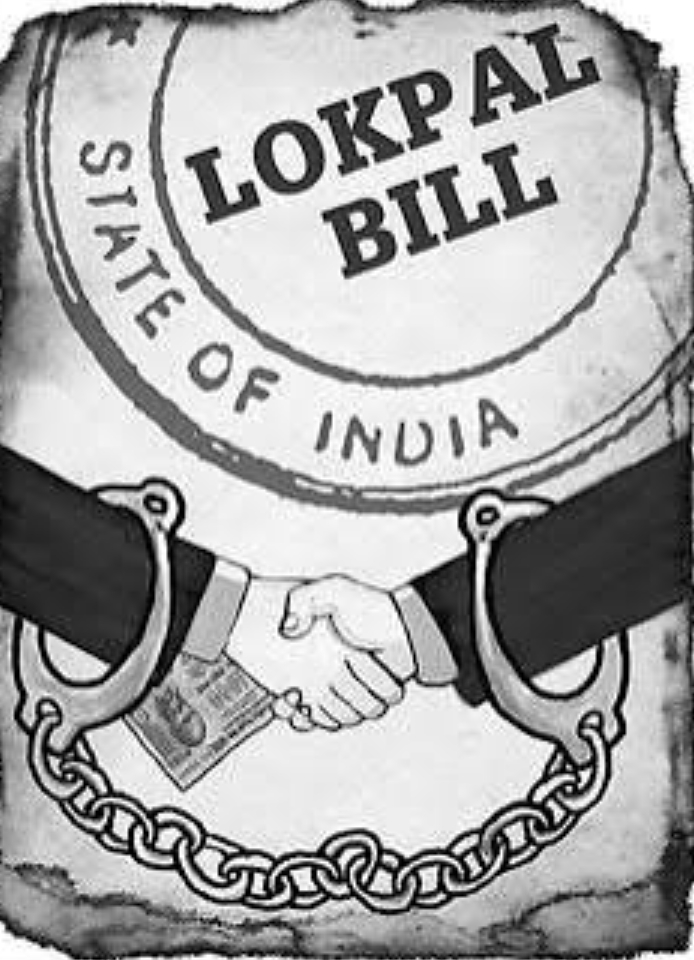
Lokpal’s Promise vs. Performance: The Vanishing Edge of India’s Anti-Corruption Watchdog
When India passed the Lokpal and Lokayuktas Act in 2013, it symbolized the nation’s collective resolve against corruption. The anti-corruption crusade had electrified the nation — toppling governments, birthing movements, and catapulting political leaders like Arvind Kejriwal and Narendra Modi to power on the promise of transparency. A decade later, the Lokpal’s record shows an alarming mismatch between expectations and results.
According to official data presented in Parliament and Lokpal’s own monthly dashboards, the body registered 210 complaints between April and November 2024, disposing of 158 of them — yet only a handful advanced to full inquiry. In FY 2023-24, 166 complaints were registered and 156 closed. Cumulatively, since its inception in 2019, the Lokpal has received over 8,700 complaints, but only around 70 preliminary inquiries, 20-odd full investigations, and fewer than 10 prosecution sanctions have been authorized. Even the Sunday Guardian Live reported that as of 2023, not a single individual had yet been convicted or prosecuted under the Lokpal’s recommendations.
The trend is equally discouraging in earlier years. In 2021-22, out of 5,680 complaints, only 169 were in the prescribed format — the rest were dismissed at the registration stage. In 2022-23, of 2,760 complaints, only 242 met format criteria. By early 2025, Lokpal’s cumulative statistics indicate 2,426 total complaints registered and 2,350 disposed since formation, with just four prosecution sanctions granted and 16 active investigations underway. The massive discrepancy between receipts and substantive actions shows a conversion rate of less than 1 percent, far from what citizens envisioned when they demanded an independent anti-corruption authority.
Budgetary and operational data underline this stagnation. For FY 2025-26, the central government allocated ₹44.32 crore for the Lokpal — a 34 percent reduction from the previous year’s ₹67 crore, signaling declining institutional prioritization. Ironically, this contraction came amid criticism of the Lokpal’s October 2025 decision to purchase a fleet of seven BMW 7-Series cars worth nearly ₹5 crore for its members. Such headlines have undermined its credibility and fueled public debate on whether the watchdog has lost its moral compass.
Experts cite multiple reasons for this performance deficit: excessive procedural rigidity, an under-staffed secretariat, lack of coordination with the CBI and CVC, and limited public awareness of complaint protocols. The Lokpal still lacks its own independent investigative cadre and relies heavily on deputation from existing agencies, causing bureaucratic delays and conflicts of interest. Moreover, the practice of dismissing a majority of complaints as “non-format” reveals how technical hurdles have become an institutional escape route from substantive accountability.
For an institution born out of people’s outrage, the Lokpal’s lethargy risks eroding faith in the state’s willingness to confront corruption. To restore relevance, the government must empower the Lokpal with independent prosecution powers, ensure time-bound inquiry mechanisms, fill all vacancies, and enforce transparent public dashboards showing inquiry progress and outcomes. Without these reforms, the Lokpal risks becoming a ceremonial entity — a paper tiger that roars on paper but fails to bite in practice.
